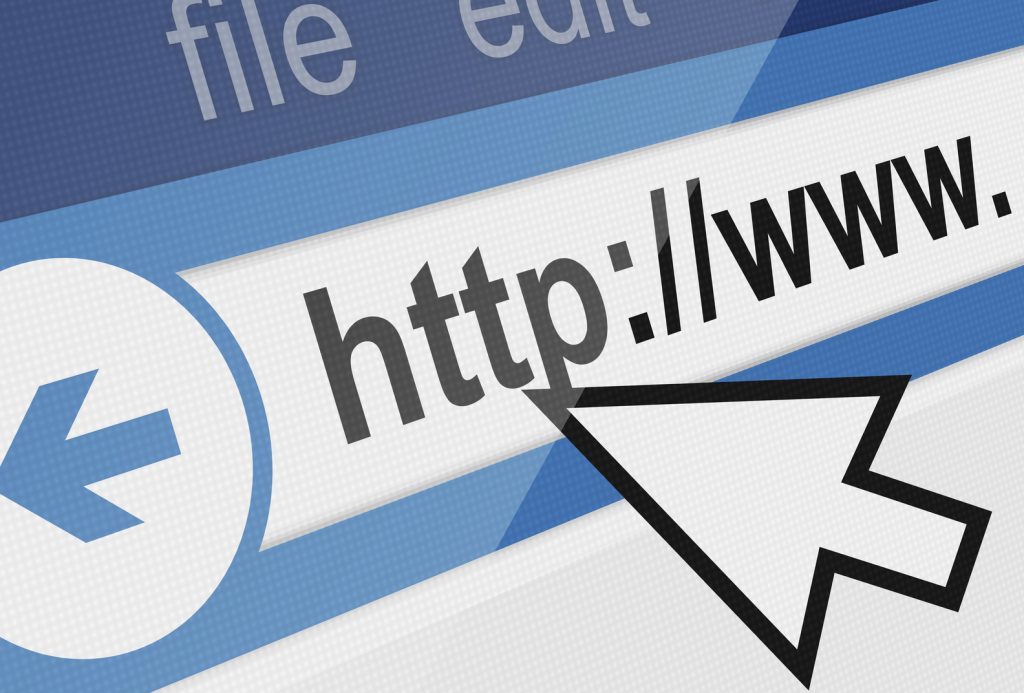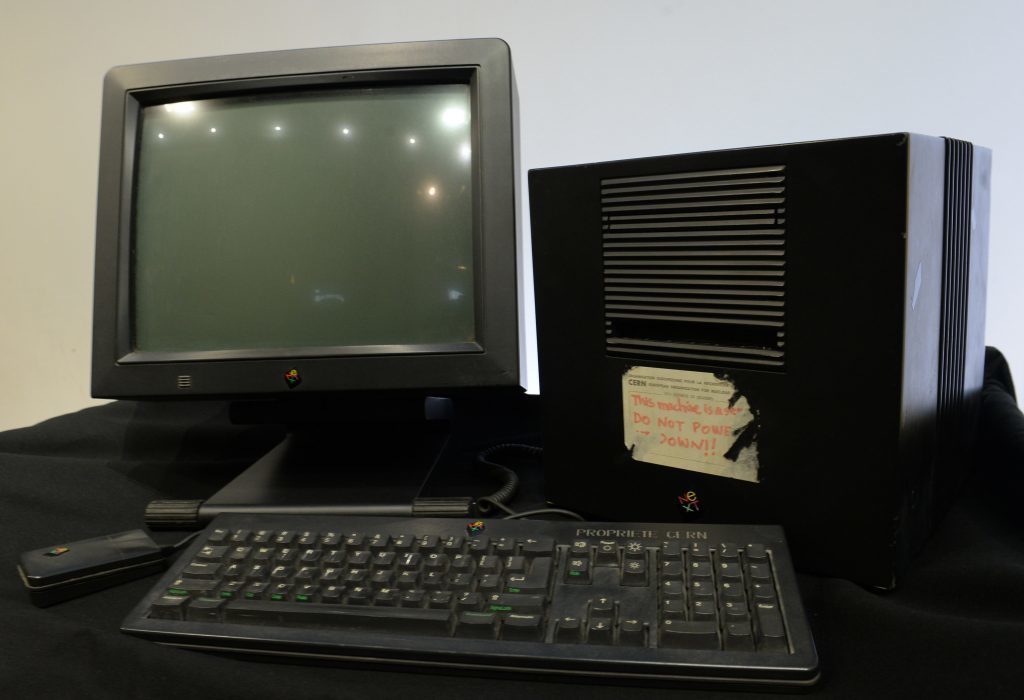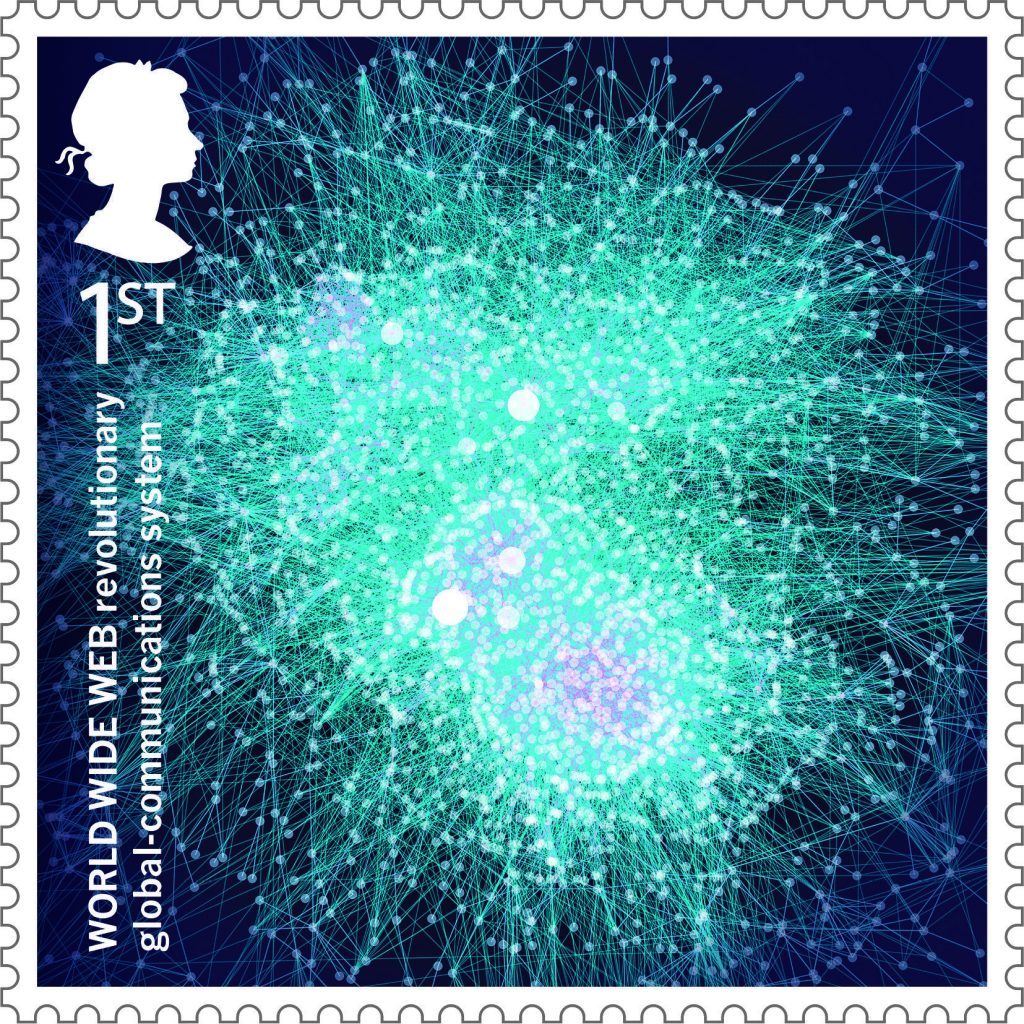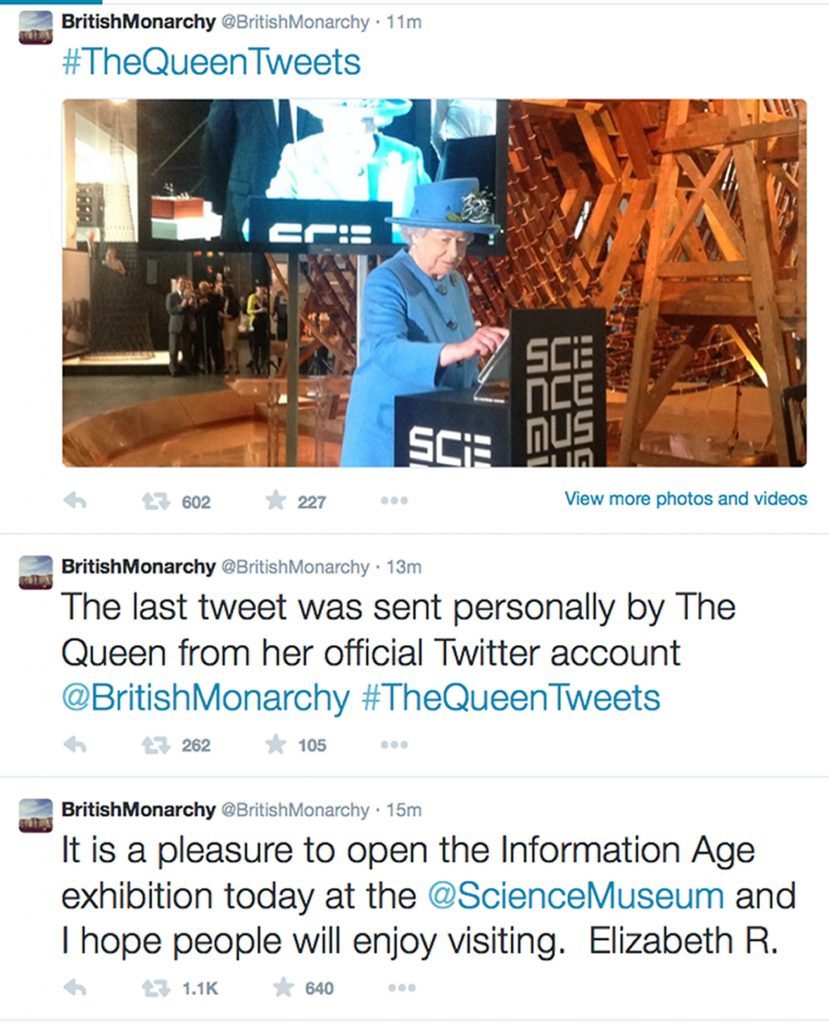Does digital technology bring us closer together or does it increasingly get in the way? On the 25th anniversary of the World Wide Web going public, Michael Alexander investigates
Twenty-five years ago on August 6 1991, the first publicly available website was launched and the World Wide Web (WWW) was born.
It was created by the now internationally known Sir Tim Berners-Lee who, just eight months earlier, first posted the simple text page on an internal web server hosted by CERN, the European Organization for Nuclear Research.
In the 1980’s, Berners-Lee had been looking at a way for physicists to share information around the world without all using the same types of hardware and software.
And whilst that first posting simply explained what the World Wide Web was for – a network of documents connected by hyperlinks – it crucially also included instructions for making your own website and ultimately went on to change the world.
Today there are over one billion sites on the World Wide Web – none of which would have been possible without the work of Berners-Lee, who was awarded an honorary degree by St Andrews University in 2013.
Websites have become synonymous with “the internet” – a system which allows computers to talk to each other, and which actually predated Berners-Lee’s invention.
Today’s Smart Phones, social media and advanced websites the world over would not have happened without that initial ground breaking work. It’s sometimes hard to imagine living in a world without them. Everything from banking to shopping to paying bills is increasingly done online.
But has digital technology gone too far?
Paradox
Two sets of data released this week certainly suggest a growing paradox in everyday life with technology bringing us closer but also seen to be getting in the way.
New figures from the Office for National Statistics reveal that the internet is now used daily by 82% of UK adults (41.8 million), up from 78% (39.3 million) in 2015 and 35% (16.2 million) in 2006.
Whilst 89% of UK households now have an internet connection, the figures also reveal that 75% of adults now log on to the web via a portable device such as Smart Phone or laptop, rising to a massive 97% of the 16 to 24 age demographic.
Yet according to separate research published by regulator Ofcom, internet overload has led 34% of internet users in the UK to take a “digital detox” of up to a month away from the web.
Some 59% of those surveyed considered themselves hooked on their devices, with a third saying they found it difficult to disconnect.
The study of 2,025 adults and 500 teenagers found that 25% of teenagers surveyed had been late for school as a result of being online, while six in 10 said that they neglected schoolwork.
Consequences
Adults too are noticing that over-reliance on technology can have social consequences. Four in 10 felt that they were regularly ignored by a friend or relative who was too engrossed in their smartphone or tablet.
A typical adult spends an average of 25 hours online per week, with nearly half (42%) saying they go online or check apps more than 10 times a day, the research suggests.
One in 10 accessed the internet more than 50 times daily, according to the study.
According to Dundee-raised IT specialist and ebook publishing pioneer Iain Munn, however, the positives of digital devices far outweigh any negatives.
The 46-year-old Dundee FC fan of St Andrews, who recently published Grant Hill’s AK86: Two Shots in the Heart of Scottish Football, said: “It is remarkable to imagine that I passed an HND in Computing and started work in the IT Department for NHS Scotland in Dundee before the internet was born.
“What did we do all day! It has been an incredible rise and the majority today have a computer in their palms.
“It is now a way of life and everyone should have the chance to embrace the technology no matter their age.
“But I do not buy into those who say people spend “too much time” on their phones. They are reading more than I ever did, absorbing information without even realising it – and have you seen the typing speeds of teenagers? No shortage of speed typists out there.
“Of course there are dark sides to it,” Iain adds, ” but the key is continuous education and awareness. Not having access to the internet for a business literally costs thousands to millions of pounds per day and for the consumer it is equivalent to not having a TV signal back in the 1980’s – and that was torture.
“Now I can watch last night’s goals, catch up on the news, read the papers, check the diary and plan the day ahead all from a hand held device.”
Machines
Sir Tim Berners-Lee recently said he believes the next ‘big thing’ will be the “semantic web” – when machines can analyse the information online.
It is the idea that computer programmes will help humans to organise their lives and act as intelligent agents. In creating this semantic web, new technologies are emerging.
One thing is for sure. Technology is not going to go away.
And it’s for this reason that Campbell McNeill, a former St.Andrews resident, who is now Chief Technology Officer at Cocolevio in Texas, USA, says that as technology continues to develop, it will only become more part of our daily lives, and we should embrace it as such.
He added: “The key development will be that technology provides us with value, but without it being so consuming as it may seem with today’s devices.
“We are already seeing how smartwatches and wearables give us useful information as we go through our daily routine, and the phenomenon that is Pokemon Go provides us an insight as to what the world of augmented reality might one day be.
“The biggest emerging trend is the developments in the artificial intelligence space. As AI comes of age it will actually reduce our interaction time with technology, taking over the mundane and providing us with more time to do the things we truly care about.
“My advice would be to look to technology as the thing that will enable you to have the time to follow your passion, and to make sure you know that passion so you can give it your focus as technology evolves to support this.”
malexander@thecourier.co.uk















